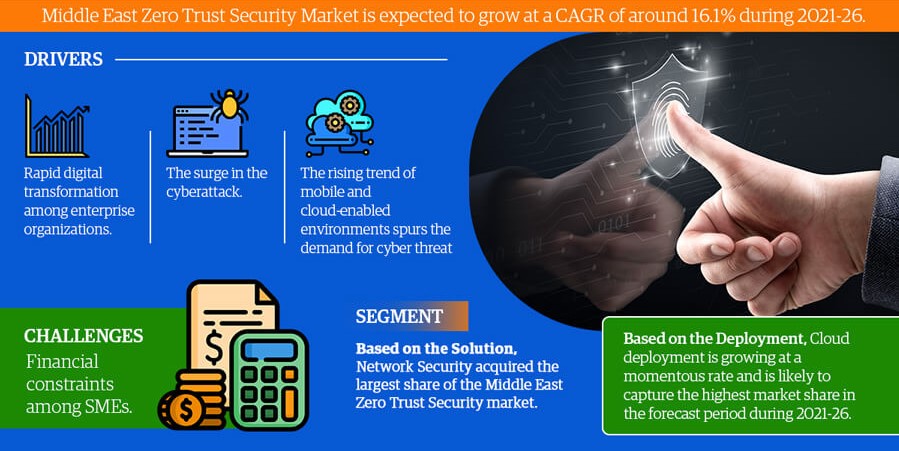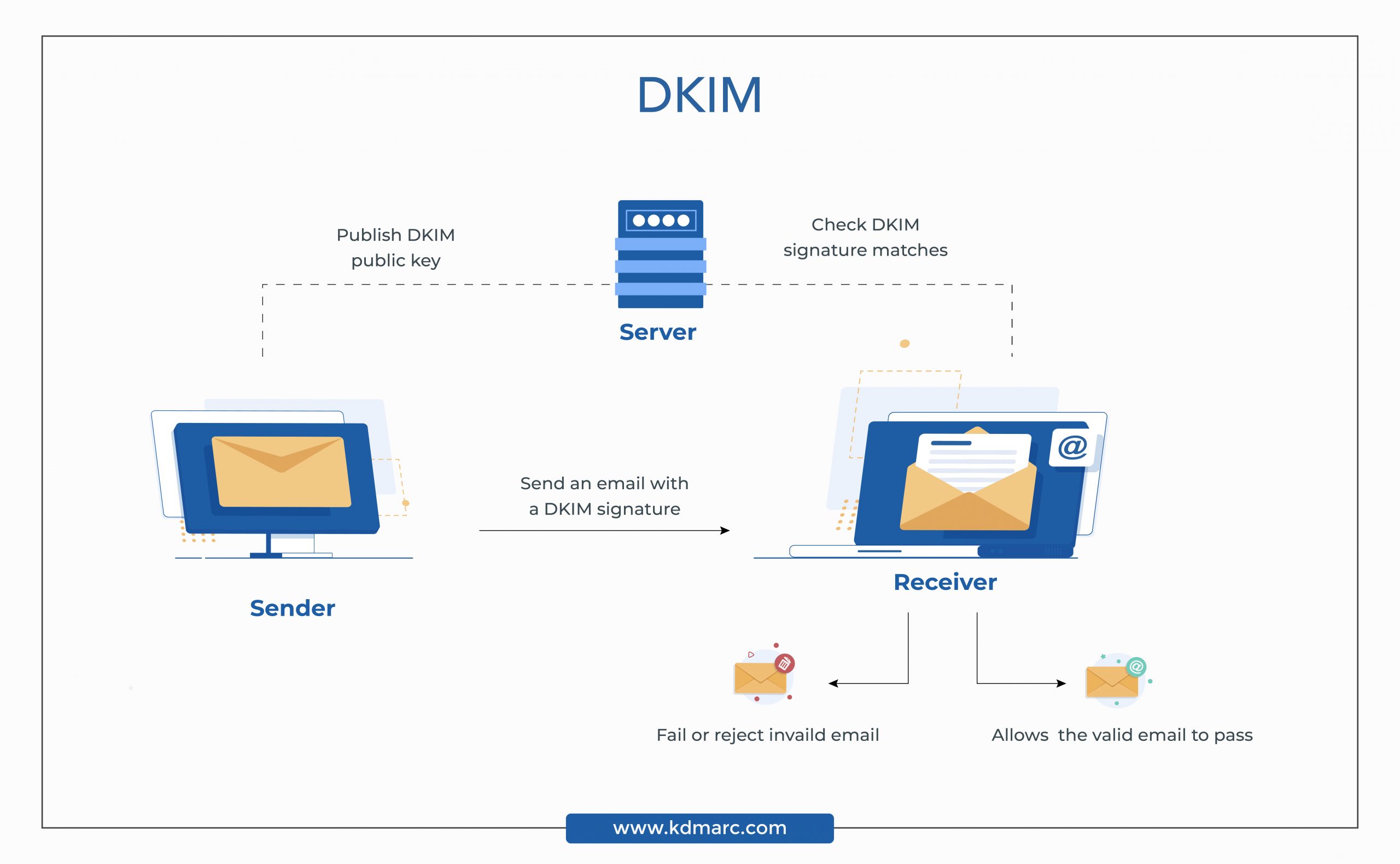The UAE is a hub for innovation, attracting businesses and individuals worldwide. But with this digital growth comes a growing challenge: cyber threats. The UAE Cyber Security Council recently issued a stark warning: businesses must be vigilant against social engineering attacks. These attacks exploit human emotions and manipulate individuals into divulging sensitive information or clicking malicious links. This warning underscores the critical need for increased cyber awareness, particularly in the face of evolving threats. This blog will explore the common email attack methods, industry vulnerabilities in the UAE, and how implementing a strong TDMARC can significantly improve your email security.
Table of Contents
ToggleSubscribe to Our Newsletter On Linkedin
Sign up to Stay Tuned with the Latest Cyber Security News and Updates
UAE Businesses Dealing with Social Engineering Attacks & Outdated Infrastructure
Traditional social engineering tactics like phishing and BEC scams remain the primary weapons of cybercriminals, even as the overall threat landscape evolves. These methods are expected to become even more deceptive with the integration of AI tools, making phishing lures more believable and potentially deploying deepfakes to further manipulate victims, especially in highly targeted attacks against the government, energy, and IT sectors.
A recent report by the UAE Cyber Security Council and CPX Holding revealed a sobering reality – the UAE currently hosts a staggering 155,000 vulnerable cyber assets, with a concerning 40% of them remaining unaddressed for over five years. This vulnerability, coupled with the surge in advanced cyber attacks such as ransomware, underscores the essential need for robust cyber defenses in a region at the forefront of AI-driven technological innovations and geopolitical significance.
Book a Free Demo Call with Our People Security Expert
Enter your details
Highlighting the widespread nature of this threat, a recent discussion at GISEC, the UAE’s leading cybersecurity event, also emphasized the vulnerability of specific industries. As reported by Khaleej Times, experts pinpointed the education, aviation, and healthcare sectors as particularly susceptible to cyberattacks. This aligns with the targeted sectors mentioned earlier (government, energy, and IT), suggesting similar vulnerabilities like pressure to process information quickly and handle sensitive data. This industry-wide concern underscores the critical need for comprehensive cybersecurity measures across all sectors in the UAE.
Also Read Social Engineering Attacks: Techniques and Prevention
Why is the UAE Vulnerable to Social Engineering?
The UAE Cyber Security Council and CPX Holding shed light on the factors making UAE businesses susceptible to social engineering tactics used in phishing and BEC scams:
- Targeted Sectors: The government, energy, and information technology sectors, often targeted for social engineering attacks, handle sensitive information and may face pressure to process information quickly. This can lead to rushed decisions based on misleading emails.
- Evolving Tactics: Traditional methods like phishing and BEC scams remain prevalent, but are predicted to become even more sophisticated with the integration of AI tools and deepfakes, making them harder to detect.
- Limited Awareness Training: The report suggests that employees might not be equipped to identify the subtle social engineering tactics used in these attacks, increasing their susceptibility to manipulation.

TDMARC: Your Powerful Shield Against Email Fraud & Brand Damage
Imagine this: a fraudulent email claiming to be from your company lands in your customers’ inboxes. They unsuspectingly click a malicious link or share sensitive information. This can lead to financial losses, reputational damage, and a loss of customer trust.
TDMARC (Threatcop Domain-based Message Authentication, Reporting & Conformance) is a powerful email authentication tool that helps you prevent this nightmare scenario. Here’s how TDMARC benefits your UAE business:
- Stops Spoofing in its Tracks: TDMARC verifies the legitimacy of incoming emails, making it virtually impossible for attackers to impersonate your company. This significantly reduces the risk of domain spoofing, commonly used in BEC attacks.
- Protects Your Brand Reputation: It safeguards your brand from being associated with malicious emails. A damaged reputation can be costly for any business, and DMARC helps you maintain trust with your customers and partners.
- Boosts Email Deliverability: TDMARC ensures legitimate emails from your domain reach inboxes, improving communication and customer trust. This is especially important for businesses that rely heavily on email communication.
- Reduces Phishing Attacks: DMARC minimizes the risk of phishing attempts reaching your employees by stopping spoofed emails. Phishing emails are a significant threat in the UAE, and DMARC can be a powerful defense.
- Provides Actionable Insights: DMARC reports provide valuable information about email activity related to your domain. This allows you to identify suspicious email attempts and take proactive measures.
Understanding How DMARC Works:

Building a strong DMARC policy involves three key steps:
- Identify (SPF): Set up a Sender Policy Framework (SPF) to define authorized email senders for your domain. This helps identify suspicious emails claiming to be from your company.
- Align (DKIM): Implement DomainKeys Identified Mail (DKIM) to digitally sign your emails, ensuring they haven’t been tampered with. DKIM works hand-in-hand with SPF to further verify the legitimacy of emails.
- Report (DMARC): Configure DMARC to instruct email receivers on how to handle unauthenticated emails claiming to be from your domain (Report, Quarantine, or Reject). This reporting mechanism allows you to monitor suspicious email activity and identify potential threats.
Read More About SPF and DKIM: Protocols To Ensure Email Security
Think of TDMARC as a security checkpoint for your email.
It verifies the identity of incoming emails, ensuring only authorized senders can use your domain name. With TDMARC in place, you can confidently build trust with your customers and partners, knowing they’ll always receive genuine communication from your business.

Here are some additional points to consider from a sales perspective:
Compliance: Highlight the increasing importance of email authentication for businesses in the UAE.
Reduced Costs: Emphasize the cost savings associated with preventing BEC scams and phishing attacks.
Competitive Advantage: Position DMARC as a way to gain a competitive edge by demonstrating your commitment to email security.
Know More About Deploying DMARC? to Avoid These 7 Common Mistakes!
Don’t Wait to Secure Your Emails. Implement TDMARC Today!
The rise of social engineering attacks and the prevalence of outdated infrastructure in the UAE create a perfect storm for cybercriminals. Phishing scams and BEC attacks can wreak havoc on your business, damaging your reputation and causing financial losses.
DMARC is a powerful tool that can significantly improve your email security and protect your domain from unauthorized use. By implementing TDMARC, you can:
Stop Email Spoofing: Prevent attackers from impersonating your company and tricking your customers.
Minimize Phishing Attacks: Reduce the risk of phishing emails reaching your employees.
Protect Your Brand Reputation: Safeguard your brand from association with malicious emails.
Boost Email Deliverability: Ensure legitimate emails from your domain reach inboxes, improving communication and customer trust.
Take action today and implement DMARC with Threatcop. We offer a user-friendly solution with comprehensive resources to guide you through the process. Let Threatcop DMARC be your shield against email fraud and ensure secure communication for your UAE business.

Technical Content Writer at Threatcop
Ritu Yadav is a seasoned Technical Content Writer at Threatcop, leveraging her extensive experience as a former journalist with leading media organizations. Her expertise bridges the worlds of in-depth research on cybersecurity, delivering informative and engaging content.
Technical Content Writer at Threatcop Ritu Yadav is a seasoned Technical Content Writer at Threatcop, leveraging her extensive experience as a former journalist with leading media organizations. Her expertise bridges the worlds of in-depth research on cybersecurity, delivering informative and engaging content.
